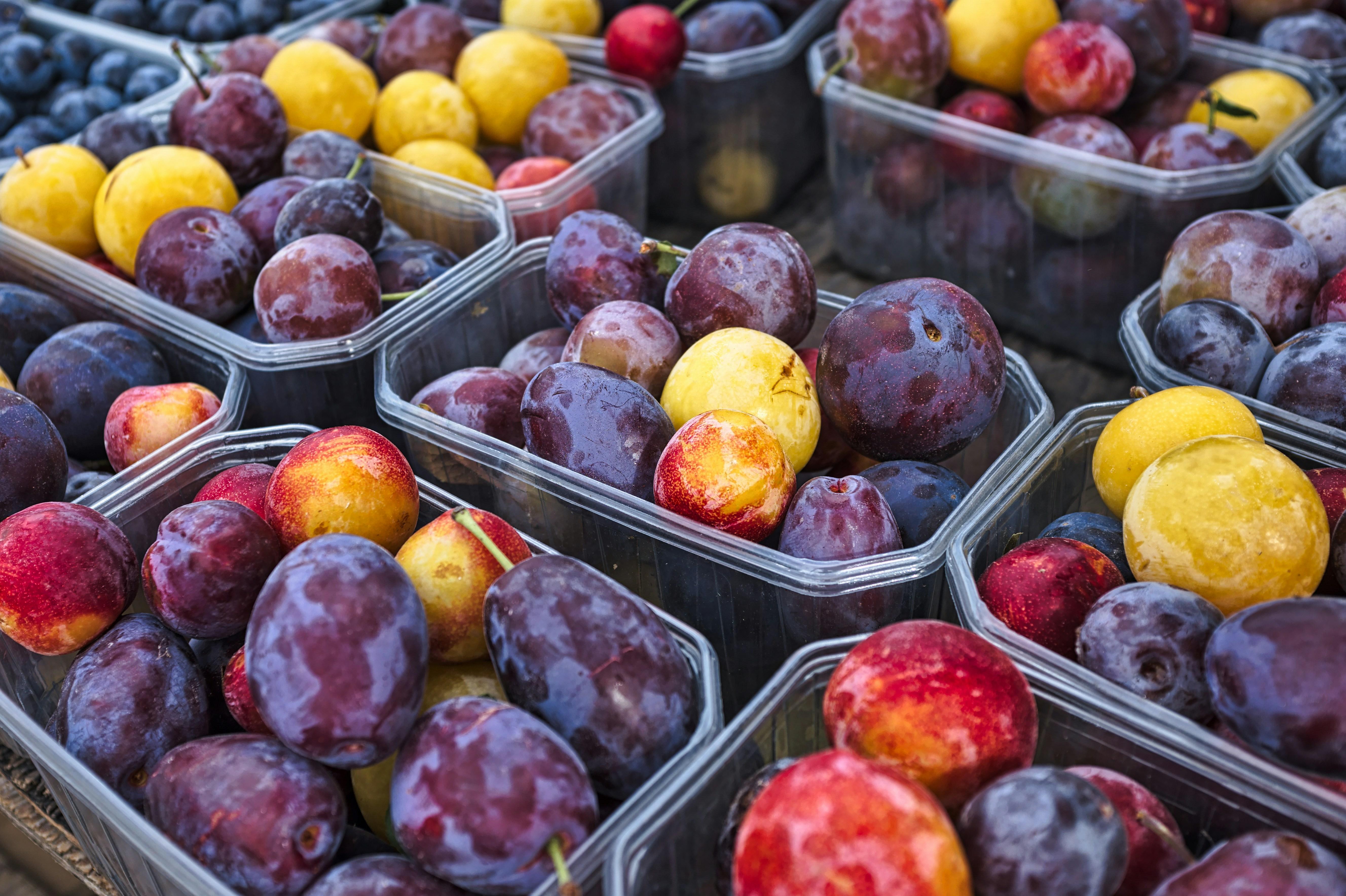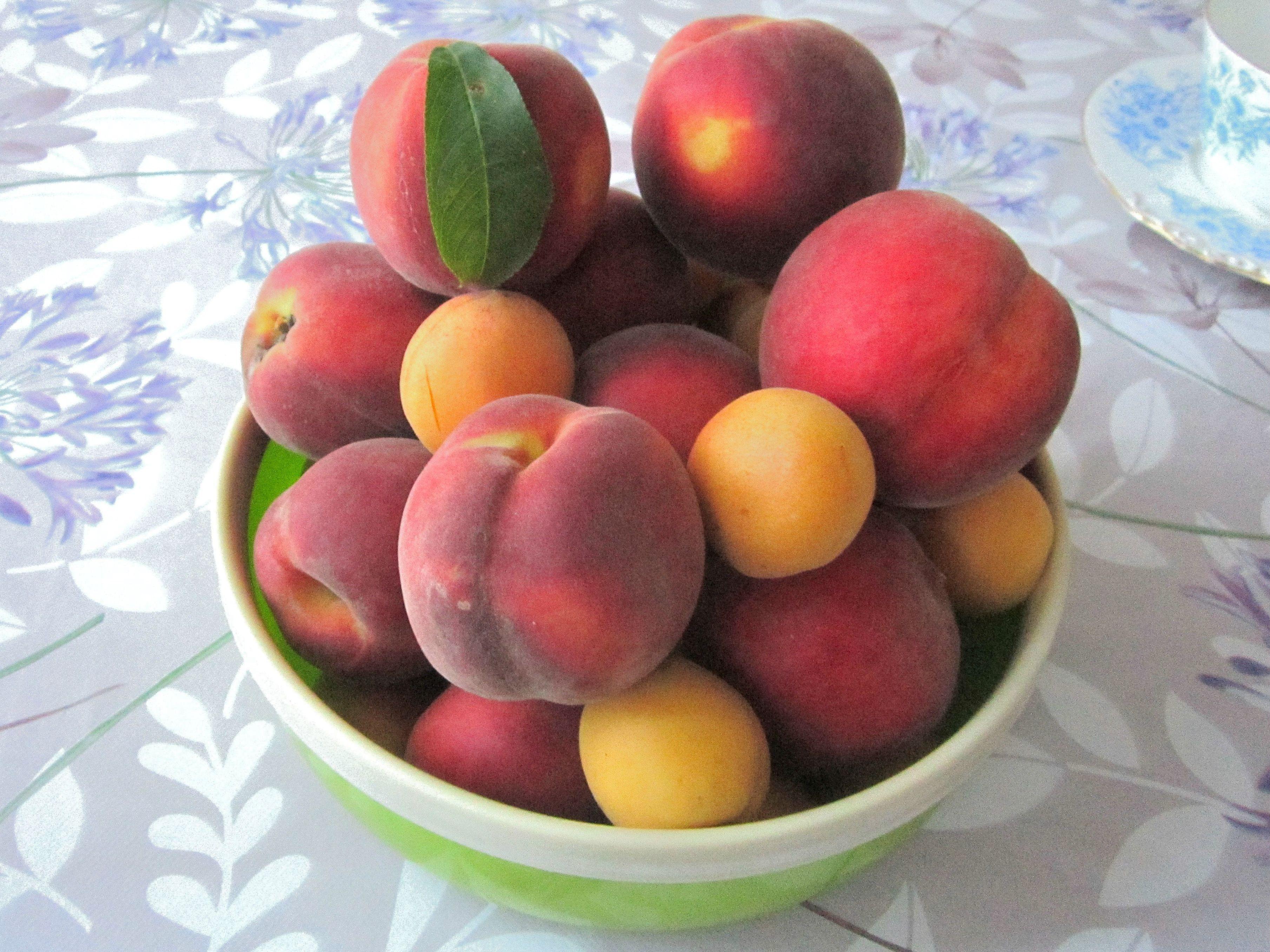In the rhythm of nature, each season offers a unique tapestry of flavors, colors, and nutrients, inviting us to embrace a more harmonious way of eating. As modern life accelerates, the ancient wisdom of consuming seasonal and local foods often fades into the background, overshadowed by convenience and global supply chains. Yet, this simple practice holds profound benefits for our health and well-being. By realigning our diets with the natural cycles of the earth, we not only nurture our bodies but also foster a deeper connection to the environment and our communities. Join us as we explore the compelling reasons why eating seasonally and locally is more than just a trend—it’s a path to vibrant health and sustainability.
Savor the Seasons: Unpacking Nutritional Benefits
Embracing the natural rhythm of the seasons not only enriches our plates but also our bodies. Seasonal produce is harvested at its peak, ensuring maximum flavor and nutritional content. Vitamins and minerals are most abundant in fruits and vegetables when they are allowed to ripen naturally in their optimal season. This means that indulging in a summer peach or a winter squash brings not just taste, but a bounty of nutrients that support our health.
- Enhanced Nutrients: Seasonal foods are packed with more vitamins and antioxidants.
- Better Taste: Naturally ripened produce tastes richer and more flavorful.
- Environmental Impact: Local and seasonal choices reduce carbon footprints.
By aligning our diets with the earth’s cycles, we not only savor diverse flavors throughout the year but also support local farmers and sustainable practices. This mindful approach to eating can lead to improved well-being and a stronger connection to the world around us.

Local Harvest: Supporting Farmers and Your Well-being
Embracing the rhythm of nature through seasonal eating not only enhances our health but also fortifies the local economy. Consuming foods at their peak ensures optimal flavor and nutrient content. Locally grown produce travels shorter distances, which means it’s fresher and often more nutrient-dense. By aligning our diets with the changing seasons, we connect more deeply with our environment and the farmers who nurture it.
Choosing local and seasonal foods supports sustainable farming practices, reduces carbon footprints, and nurtures biodiversity. Consider the benefits:
- Improved Taste and Nutrition: Foods harvested in their natural season are richer in flavor and nutrients.
- Environmental Impact: Reduced transportation means lower emissions and less packaging waste.
- Community Support: Purchasing from local farmers strengthens regional economies and fosters community resilience.

Eco-Friendly Eating: Reducing Your Carbon Footprint
Embracing seasonal and local eating habits is a powerful way to minimize your environmental impact while enhancing your well-being. By choosing foods that are in season, you not only savor the freshest flavors but also support sustainable farming practices. Local farmers often use fewer pesticides and fertilizers, reducing harmful runoff and preserving biodiversity. Moreover, seasonal produce doesn’t need to travel long distances, cutting down on greenhouse gas emissions associated with transportation.
Consider the benefits of local and seasonal eating:
- Fresher Produce: Enjoy fruits and vegetables at their peak ripeness, rich in nutrients and flavor.
- Reduced Carbon Footprint: Shorter transportation distances mean less fuel consumption and lower emissions.
- Support for Local Economies: Buying from nearby farmers helps sustain community businesses and encourages sustainable agriculture.
- Variety and Nutrition: Eating a diverse range of seasonal foods ensures a balanced diet, rich in essential vitamins and minerals.

Practical Tips: How to Embrace Seasonal and Local Foods
Incorporating seasonal and local foods into your diet can be a rewarding experience, both for your health and your taste buds. Here are some practical tips to help you get started:
- Visit Local Farmers’ Markets: These markets offer a direct connection to local producers, providing fresh, seasonal produce. You can often find unique varieties that aren’t available in supermarkets.
- Join a CSA (Community Supported Agriculture): Subscribing to a CSA can ensure a regular supply of fresh, seasonal produce directly from local farms.
- Plan Your Meals Around the Seasons: Adjust your recipes and meal plans based on what’s in season. This not only enhances flavor but also supports sustainable farming practices.
- Preserve Seasonal Produce: Canning, freezing, or drying fruits and vegetables when they are in peak season can provide you with nutritious options all year round.
By embracing these practices, you contribute to a more sustainable food system while enjoying the freshest and most flavorful ingredients.





